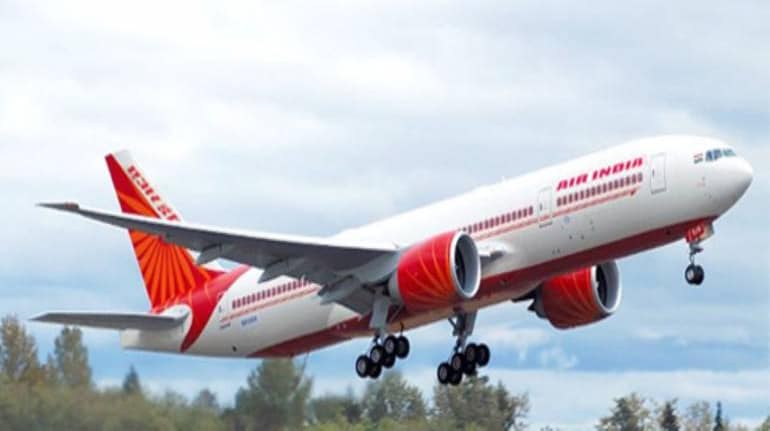Indian government has extended the ban on international flights further by a month, till January 31, 2021.
The suspension, which first came into effect in March, was earlier to get over on December 31, 2020.
The Directorate General of Civil Aviation (DGCA) announced the extension on December 30. The regulator clarified that cargo flights and limited international flights under bubble arrangement will continue.
Earlier in the day, Civil Aviation Minister Hardeep Singh Puri said a decision has been taken to extend the temporary suspension of flights to and from the United Kingdom till January 7, 2021.
"Thereafter strictly regulated resumption will take place for which details will be announced shortly," he added, in a statement on social media platform Twitter, on December 30.
Flights to the country were suspended till December 31.
India had a air travel bubble arrangement with the UK, under which four airlines - Air India, Vistara, British Airways and Virgin Atlantic - could fly between the two countries. India has similar agreements with 23 other countries. Flights to these countries, under the arrangement, will continue.
International travel was first banned in end-March, coinciding with a similar restriction on domestic operations, and the national lockdown. While domestic flights resumed in May, international travel remained suspended as COVID-19 cases remained at high levels.
India initially began Vande Bharat Mission repatriation exercise that allowed Indian nationals to get back home. Later, the air travel bubbles were introduced.
All over the world, international travel remains muted, especially after the a new strain of novel coronavirus was found in the UK.
[This is a developing story. Check back for more details.]











_2020091018165303jzv.jpg)


























